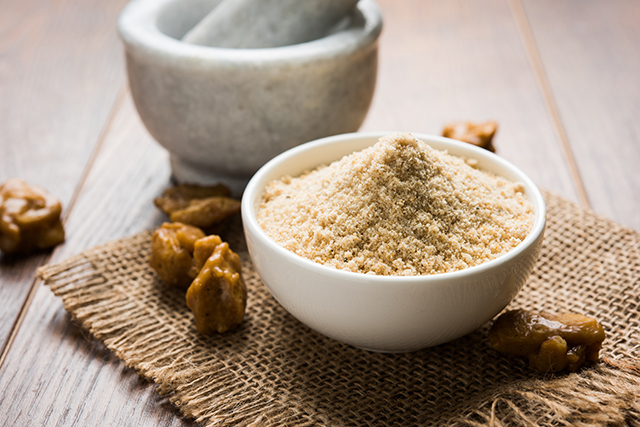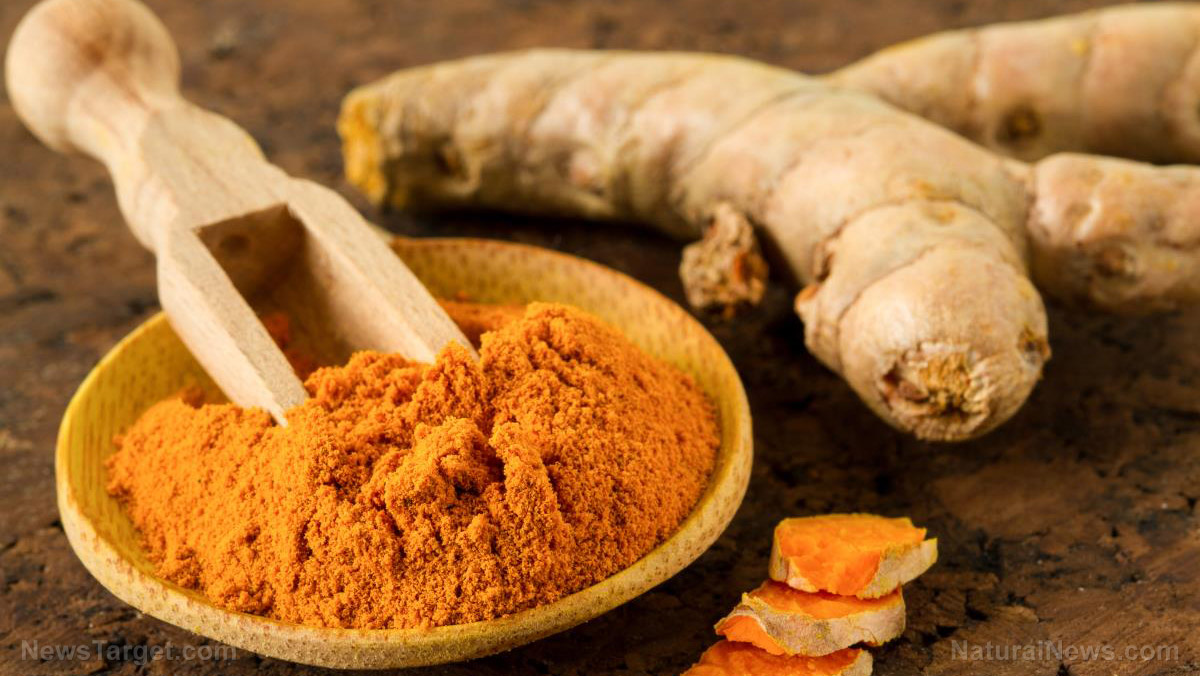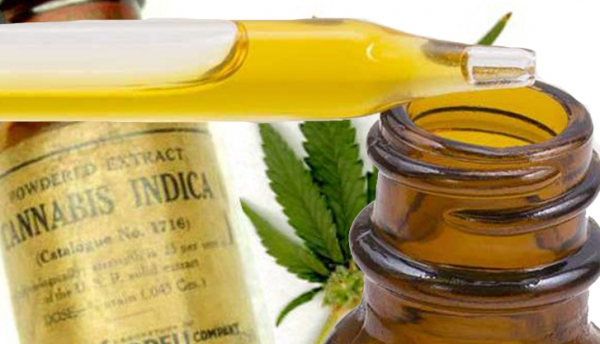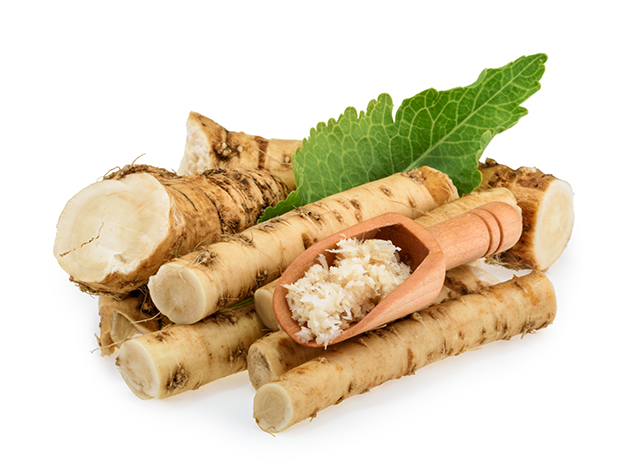Natural medicine is NOT the “alternative” — for most of human history, it was the ONLY medicine
07/08/2018 / By Isabelle Z.
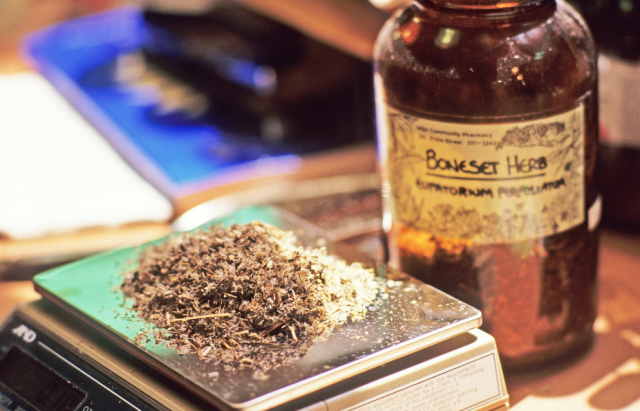
When something is labeled an “alternative,” that means there’s something else that is considered the conventional choice. It’s interesting, then, that natural medicine is often stuck into the alternative medicine category. After all, it was the only type of medicine available for thousands of years, and it remains quite effective.
Sadly, nature’s gifts were somehow marginalized as profit-hungry drug companies took over the medical field. What was once the norm is now the alternative. This can also be seen in the food industry, where the fruits and vegetables our grandparents ate are now referred to as “organic” and have a premium price tag, and engineered imitations have taken over the mainstream.
It’s unfortunate because the “alternative” label often brings with it notions of shams and quacks. For many people, it’s a negative term, and it’s causing them to miss out on potentially helpful or even curative treatments.
Little by little, however, we’re starting to see a shift as society becomes fed up with doctors giving them treatments like pills and chemotherapy that do more harm than good. Thanks to the internet, people have sources of information that go beyond what the mainstream media and medical industry tells them to help their bottom line.
We’re also seeing a bit of a middle ground in the form of integrative medicine, which combines some of the elements of conventional medicine with “alternative” options to address a person’s entire range of physical, environmental, spiritual and emotional influences.
Consumer preferences shifting toward healthy, natural choices
People are more informed than ever before, and they’re taking more responsibility for their health. This can be evidenced by the huge selection of “healthy” foods now available in stores. While not all of them are as natural as they claim to be, it’s clear that the industry is responding to a growing demand.
Lots of people are turning to supplements, herbs and vitamins as studies continue to show their utility in addressing and preventing a range of health problems. Again, you’ll find a huge selection in stores and online, and while not all of them are good choices, there’s no denying that a shift is taking place in consumer habits.
Integrative medicine’s star on the rise
One current issue that is highlighting the need for safe, natural treatments is the opioid epidemic being seen in the U.S. It exemplifies so many of the ways in which conventional medicine is going terribly wrong, with pharmaceutical companies aggressively marketing drugs they know are highly addictive, doctors prescribing them needlessly in exchange for kickbacks, and families being destroyed by their loved ones’ addictions and overdoses. As people see the widespread devastation caused by these deadly pills, more and more people have been turning to safer options for pain management.
Scripps Center for Integrative Medicine‘s Director of Pain Management, Dr. Robert Bonakdar, told Healthline he’s been seeing two to three times as many referrals asking for integrative therapies as he has in the past. Some of the options offered include meditation, tai chi, electrotherapy, and anti-inflammatory herbs like ginger and curcumin.
He said that while the conventional medical community has been starting to accept these options, insurers have not been as quick to get on board with therapies like acupuncture and biofeedback.
Meanwhile, the center’s Director of Health and Wellness, Dr. David Leopold, reports that they’re having trouble meeting patient demand, and the growth they’re seeing is similar to that on the national level. Is it just a matter of time before natural medicine overtakes conventional medicine as the preferred choice of the masses once again?
Sources for this article include:
Tagged Under: acupuncture, alternative medicine, conventional medicine, food is medicine, integrative medicine, Meditation, natural medicine, nutrition, opioid crisis, organic food, supplements





